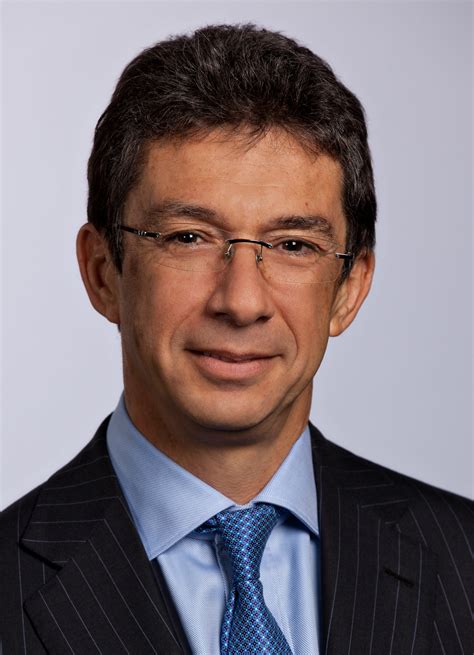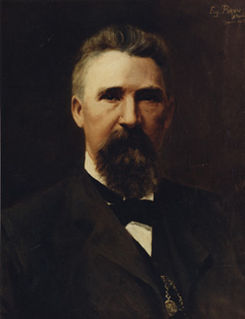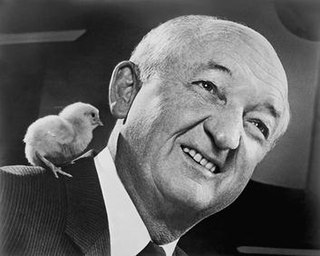A Quote by Stephen Elop
Our competitors aren’t taking our market share with devices; they are taking our market share with an entire ecosystem.
Quote Topics
Related Quotes
We have met our passion to be ambition to grow our market share significantly in North America. Motorola helps address two other priority markets for us - the acquisition has enabled us to become the No. 1 foreign vendor in Japan. It also gives us an increased market share with China Mobile in China.
Shifting Philip Morris to the new a non-risk products doesn't mean that I will give market share to my competitors free of charge. In the markets where we are not present with IQOS yet or the other reduced-risk products, you still need to defend your share of the market. They still represent the bulk of our income, and so far they have financed the billions of dollars we have put behind these new products. But once we go national in a market, and absent capacity constraints, then you shift your resources and your focus to these new products.
It should be said that we are presently, and I believe unfairly, constrained from directly promoting cigarettes to the youth market...Realistically, if our Company is to survive and prosper, over the long term, we must get our share of the youth market. In my opinion, this will require new brands tailored to the youth market.
Our first-party devices will light up digital work and life. Surface Pro 3 is a great example -- it is the world's best productivity tablet. In addition, we will build first-party hardware to stimulate more demand for the entire Windows ecosystem. That means at times we'll develop new categories like we did with Surface. It also means we will responsibly make the market for Windows Phone, which is our goal with the Nokia devices and services acquisition.

































